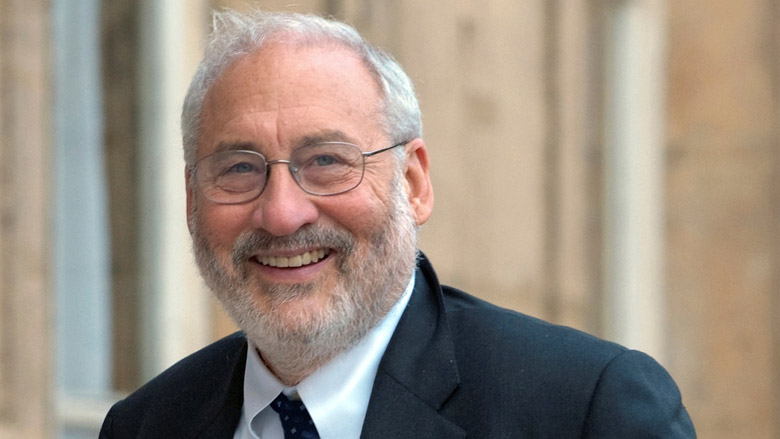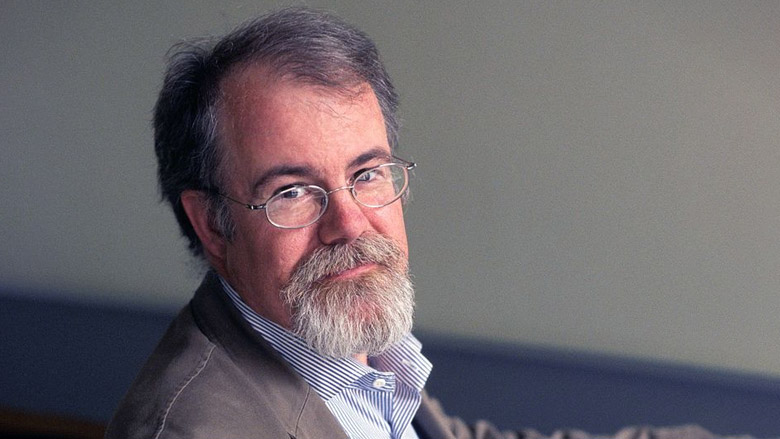Thirty Years after the Fall of the Berlin Wall - Lessons for the Future
April 7, 2020
Washington, DC

A landmark location of the Berlin Wall in Germany. August 2019.
By P Gregory/ Shutterstock
-
The fall of the Berlin Wall on 9 November 1989 ended the Cold War and saw the demise of Soviet satellite governments in Eastern Europe. Two years later, in December 1991, the Soviet Union dissolved. The subsequent unification of East and West Germany revived aspirations for a peaceful world, without walls and united under the ideals of liberal democracy. For many people, the hopes and dreams of the early 1990s were realized: countries in Central and Eastern Europe witnessed strong economic growth, rising living standards, and new-found personal and political freedoms.
In 2020, however, three decades after the fall of the Berlin Wall, much of Europe is fragmented. Demographic and refugee crises, along with increased economic uncertainty, have helped reactivate populist and isolationist movements.
What have we learned over the last thirty years? Looking back, what policies worked, and under what conditions? Could the gradual transition to market economies have been less costly? Looking forward, how will countries in the region respond to the challenges of population aging, climate change, and the digital revolution? What is the future of liberal democracy and capitalism in Europe?
-
DETAILS
- DATE: Postponed Until Further Notice
- Time: Postponed Until Further Notice
- Venue: Postponed Until Further Notice
- Chair: Asli Demirgüç-Kunt, Chief Economist, Europe and Central Asia, World Bank
- CONTACT: Ekaterina Ushakova
- eushakova@worldbank.org

